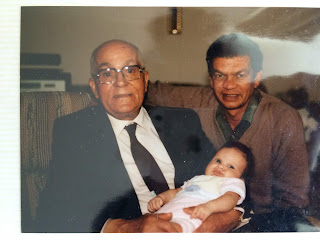Buzz Over Drugged Up Bee Study
SLOW BUZZ: Honey bees have shown their usually impeccable sense of time is slowed under general anaesthesia.
Drugged-up honey bees were used in tests at Cornwall Park and Mangere to show how their usually impeccable sense of time was slowed under general anaesthesia, with the results of the Auckland University study published in the Proceedings of the National Academy of Sciences' latest issue.
"It sounds unusual to you, but it's quite sensible to use bees," lead researcher from the Department of Anaesthesiology and School of Biological Sciences, Dr Guy Warman, said.
"They have a time sense unlike any other creatures. They can know exactly what time of the day they think it is by a range of functions including their 'waggle' dance and by following the direction of the sun."
The bees were trained to travel to a specific food source before being given a commonly-used anaesthetic for the study.
From this researchers could calculate what time of day the bees thought it was by monitoring how long their foraging behaviour was delayed and the direction in which they flew.
For the study, the bees were given the anaesthetic in the morning for six hours. Once awake and released, the drugged bees would fly in a direction as though it was still morning, Dr Warman said. Some got lost during tests but eventually found their way back.
Similar experiments were carried out in Germany where the honey bees were tracked using harmonic radar transponders.
"Our work shows that general anaesthesia effectively shifts you to a different time zone, producing chemically-induced jet-lag," Warman said.
"The core genes which control the biological clock are shifted into a different zone.''
It's known that anaesthesia used in surgery disrupts patients' biological clocks, compromising sleep patterns, moods, healing and immunity functions, he said.
The Auckland University research provides a scientific explanation for why people wake from surgery feeling as though little time has passed.
The bee study was funded by a Marsden grant and clinical studies on humans are now underway.
The studies, using cardiac patients at Auckland City Hospital, will test whether strong light cues can prevent the effects of jet-lag.
Up to 100 patients will be involved, with the study's results due in the next six to 12 months.
- Stuff.co.nz








Comments
Post a Comment